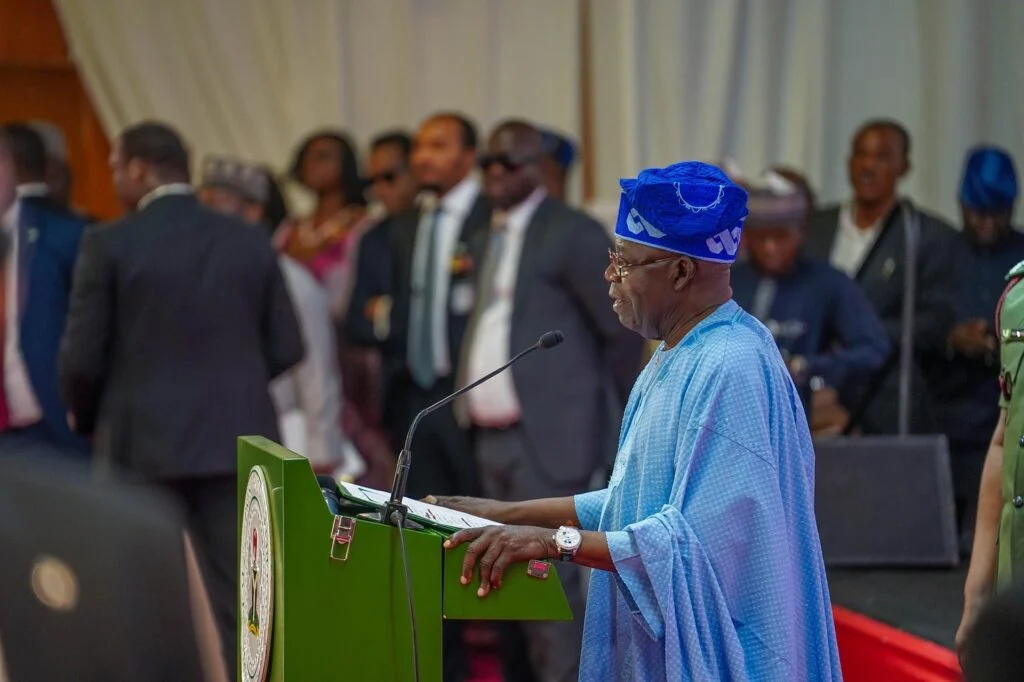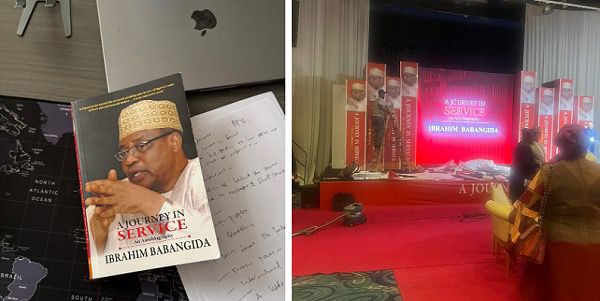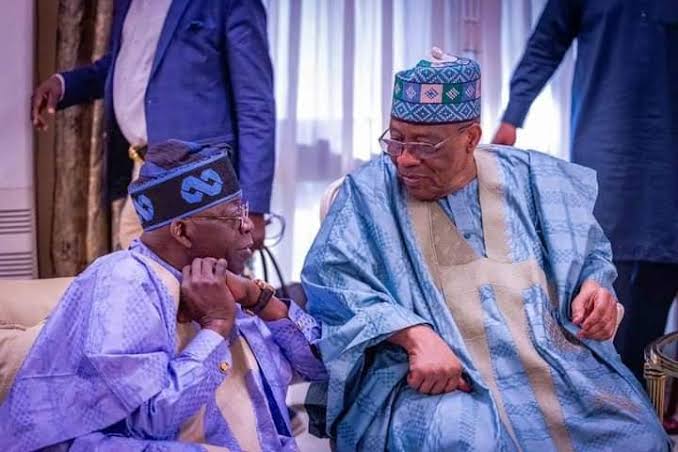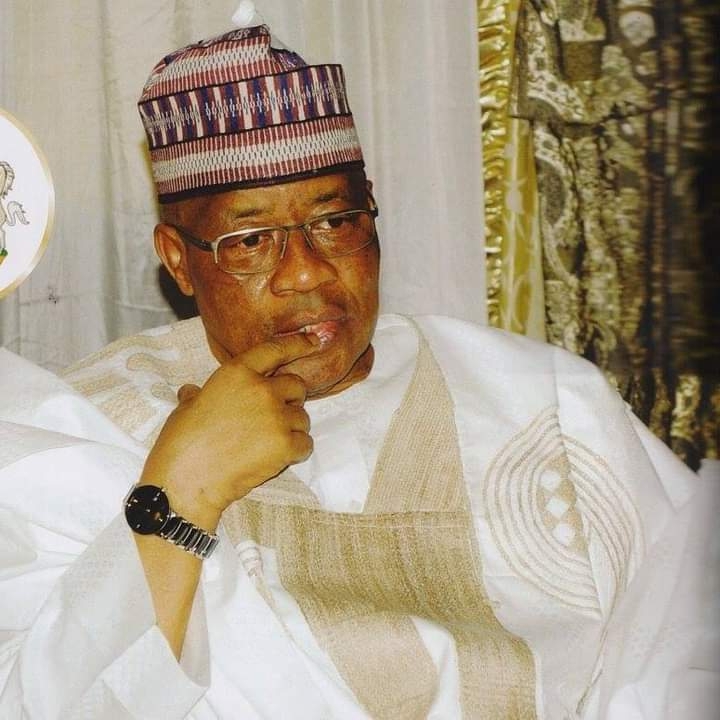
Former Vice-President Yemi Osinbajo on Thursday jokingly remarked that President Bola Tinubu was now celebrating with his former tormentors.
Osinbajo spoke during the public presentation of former military president Ibrahim Babangida’s autobiography, “A Journey in Service”, at the Transcorp Hilton Hotel in Abuja.
Reviewing the book, Osinbajo recalled how Tinubu, then a senator, resisted the dissolution of the senate under Sani Abacha, following the annulment of the June 12, 1993, presidential election.
“And then, of course, there’s a gentleman here who was an elected senator in 1992 because of Babangida’s transition programme,” the former vice-president said.
When Babangida annulled the 1993 election and General Abacha took over, dissolved the senate, that senator tried to reconstitute the senate in resistance to the dissolution.
“He was detained, charged to court, and later escaped into exile. Today, he is here, celebrating with his former tormentors—but as the President, Commander-in-Chief of the Armed Forces of the Federal Republic of Nigeria, President Bola Tinubu.”
Tinubu’s political career began in 1991 when he joined the Social Democratic Party (SDP) and actively campaigned for Moshood Kashimawo Abiola (MKO), the party’s presidential candidate.
In 1992, he was elected to the senate, representing Lagos west district, where he chaired the committee on banking, finance, appropriation, and currency.
Following the annulment of the June 12, 1993, presidential election, Tinubu became a founding member of the National Democratic Coalition (NADECO)—a pro-democracy group that pushed for the restoration of democracy and recognition of Abiola as the rightful winner of the election.
During this struggle, Tinubu and other pro-democracy activists were arrested and detained by the military regime of Abacha.
He fled into exile in 1994, continuing the fight for democracy through NADECO’s international network.
After Abacha’s death in 1998, Tinubu returned to Nigeria and joined politics as democracy was restored.
He was elected governor of Lagos State under the Alliance for Democracy (AD).


